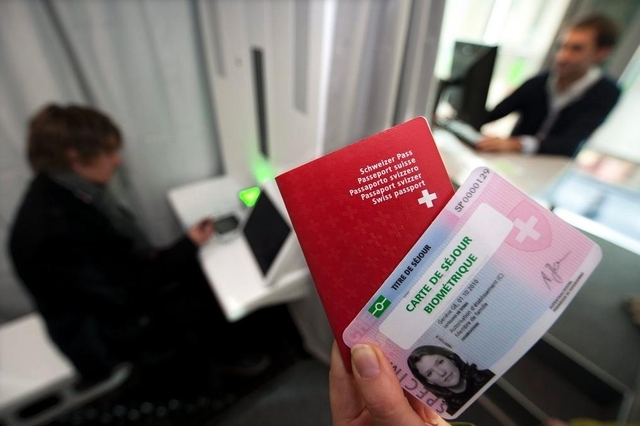Suite à la propagation phénoménale du coronavirus (COVID-19) en Suisse, le Conseil fédéral a pris des mesures drastiques depuis la mi-mars afin d’empêcher la propagation de la pandémie dans le pays. En particulier, un certain nombre d’interdictions et de restrictions ont été imposées aux activités commerciales dans de nombreux domaines de l’économie. Cette situation soulève de nombreuses questions juridiques, à une partie desquels nous allons tenter de répondre dans cet article.

В связи с феноменальным распространениям заражений коронавирусом (COVID-19) на территории Швейцарии с середины марта Федеральный Совет Швейцарии принял радикальные меры по предотвращению дальнейшего распространения пандемии в стране. В частности, был введен целый ряд запретов и ограничений на осуществление коммерческой деятельности во многих сферах экономики. Данная ситуация не могла не породить большое количество юридических вопросов, на которые мы постараемся ответить в данной статье.

Ретроцессии, также называемые комиссиями, компенсациями или агентскими вознаграждениями, являются вознаграждениями, которые банки, действующие в качестве управляющих активами (asset managers), получают от фондов за коммерциализацию их инвестиционных инструментов.

Qui parmi nous n’a pas envisagé de créer sa propre entreprise après avoir entendu parler du succès de Bill Gates ou Steve Jobs ? Cependant, une idée géniale ne suffit pas, tout entrepreneur doit réfléchir à la forme juridique de son activité envisagée. Dans cet article, nous allons faire un bref aperçu des principales formes que l’entrepreneur peut choisir pour la création de son entreprise en Suisse.

Как мы знаем, в Швейцарии подать заявление на развод в одностороннем порядке один из супругов может исключительно по истечении двухлетнего срока раздельного проживания*. В связи с этим в данной статье мы расскажем о процедуре раздельного проживания в Швейцарии.
* исключением из данного правила являются следующие случаи : психические расстройства одного из супругов, физическое насилие, домогательство со стороны одного из супругов в период раздельного проживания, фиктивный брак и, в некоторых случаях, измены.

Who hasn’t considered starting his own business after hearing the inspiring success stories of Bill Gates or Steve Jobs? In fact, starting a business is a great idea, but in order to concretize it, every Entrepreneur has to consider the legal form of his intended business. In this article, we are going to provide an insight into the main legal forms the Entrepreneur may choose for his Swiss-based company.

A bad agreement is better than a good trial. The Swiss divorce procedure echoes this principle: the less an agreement exists between a married couple wishing to divorce, the longer and the more complex their procedure will be.

As part of new legislative reforms that came into force on 1 January 2018, the candidate for naturalization must first obtain a permanent residence permit called “C” Permit prior to filing an application for naturalization. So far, the candidate has been able to apply for Swiss citizenship by being in possession of either a B or C Permit. Considering the above, we have decided to write an article on the requirements for obtaining a permanent residence permit (C Permit).

For many years, the Swiss citizenship has been one of the most prestigious in the world. This is explained by the fact that it allows you to visit practically all countries in the world without visa, and it also gives you the opportunity to live in one of the most developed and stable nations on earth. In the following article, we are going to discuss the new requirements for naturalization that came into effect on 1 January 2018. It is important to mention that the present article deals exclusively with the ordinary naturalization procedure and not the simplified procedure (applicable to the partner of a Swiss citizen).

La nationalité suisse est depuis de nombreuses années l’une des plus prestigieuses au monde. Cela s’explique par le fait qu’il vous permet de visiter pratiquement tous les pays du monde sans visa, et aussi parce qu’il permet de vivre dans l’un des pays les plus développés et les plus stables. Dans cet article, nous parlerons des changements dans conditions de naturalisation, qui sont entrées en vigueur le 1er janvier 2018. Il sied de préciser, que le présent article traite uniquement de la procédure générale et non pas de la procédure accélérée (applicable aux époux d’une personne de nationalité suisse).
